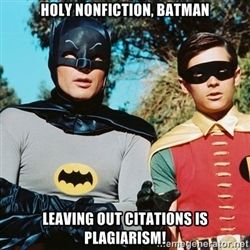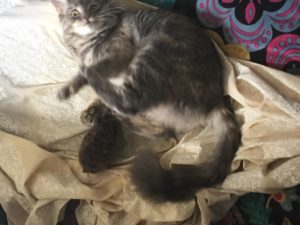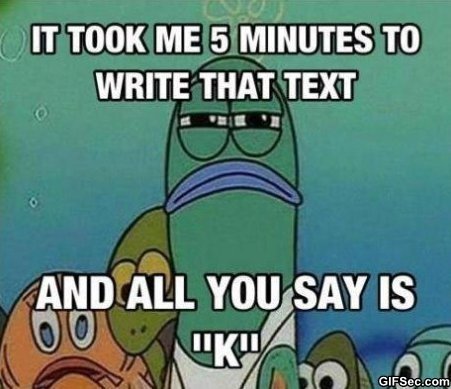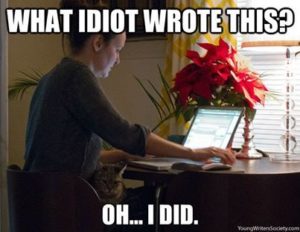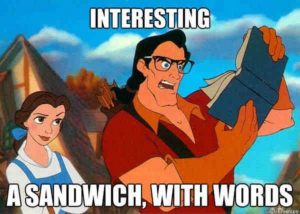
#i’dstillratherwritea5paragraphessaythanan8-10pageresearchpaperonanesotericAFtopic
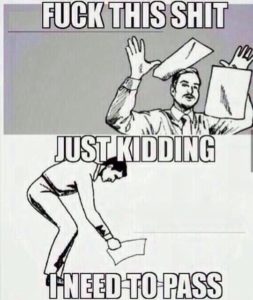
How do I feel about the five paragraph essay? I think that it’s a good place to start if you have no idea how to write a paper. But should every essay use its structure? Of course not. I really don’t have many negative things to say about it, maybe because I don’t remember ever having to do any of those weird worksheets/templates. I always just wrote the essay and moved on I guess. I think it would be easier to write about this if it belonged to another subject (like math!!); the only issue I have ever had with writing was actually sitting down and doing it. I don’t think I can blame the five paragraph essay for that, as I’m pretty sure I’m just lazy and suffer from chronic boredom (seriously, I could be bored on a roller coaster). ANYWAY, I do think that when this format is taught to students, some other mode of instruction should accompany it. Giving kids this one, dull thing to do doesn’t seem like a great idea if you’re looking for enthusiastic students. So what can be done to improve the instruction of such things? Allowing students to write about things they like or care about while teaching them how to articulate themselves and provide meaningful arguments? Assure them that this is not the only way and won’t be the only way? That seems easy enough, but is it enough? I like Stommel’s idea, “The Twitter Essay.” Getting students to express their ideas in 140 characters or less has to be a good way to practice getting their point across… and developing that thesis that so many instructors will require of them in the future. /:
Stommel’s Twitter Essay only has one true rule: incorporating #twitteressay into the Tweet. Surely this alleviates some of the pain that an assignment you don’t 100% love comes with. We’ve all had that prompt that was so detailed and demanding that we felt defeat was imminent. I have one this semester, in fact. 8-10 pages on some Chaucer topic with 3 outside sources. The class has been encouraged to study said prompt religiously and to make highlights on it. Needless to say, I am not looking forward to it and I’m not expecting an A. Defeat is imminent. I’m not sure how I would even start that assignment without some prior essay knowledge, though. And due to such assignments, I’m almost glad that I had to do those boring five paragraph essays way-back-when. I would be utterly confused if I was assigned one this late in my college career though!
So I guess what I’m trying to say is that it’s important* to know how to write “academically” if you plan on going to college. There will always be that instructor who expects you to know how to do it and life will be SO much easier if you already do. But the way you learn it shouldn’t be pure pain, right? Let there be some diversity in teaching methods. Teach what’s “necessary,” but make it fun… or at least less terrifying, please. Now I’m going to go read the other posts and learn how to really hate this method.
*Important is subjective, fine.
P.S.,
Tried to write this using the Schaffer structure but it just wasn’t happening.
